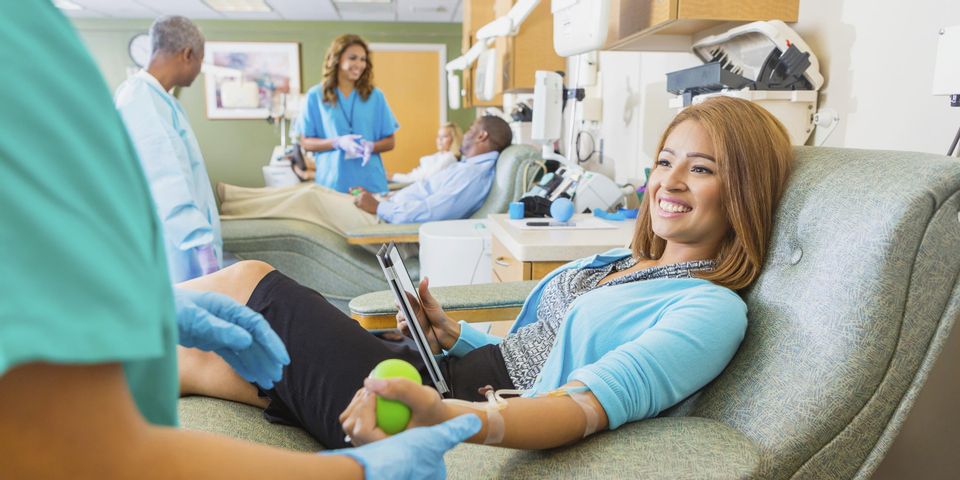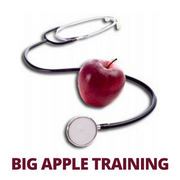Interested in Phlebotomy Classes? Learn What a Typical Day is Like as a Phlebotomist

Many people don’t realize that drawing blood is a specialty within itself. Phlebotomy—the practice of collecting and drawing blood—may seem simple on the surface, but it’s a vital part of healthcare that requires highly specialized skills.
As the New York Metro Area’s premier source for allied health education, Big Apple Training trains future phlebotomists to draw samples efficiently and with minimum discomfort to their patients. Their phlebotomy classes, like all of their courses, are led by teachers with years of on-the-job experience who are committed to preparing graduates to succeed in their chosen field.
Considering that most of us only encounter phlebotomists occasionally, you might not know everything that falls under a phlebotomist’s responsibility. While a phlebotomist’s day will vary depending on whether they work, all of these specialists do more than meets the eye.
Big Apple Training’s phlebotomy classes and certification programs prepare students with the expertise they need to manage a phlebotomist’s wide range of daily tasks, including these common activities:
Getting Organized
 For hospital phlebotomists, days frequently start early. Doctors will frequently schedule phlebotomist visits to patients early in the morning, while the patient is still at rest and hasn’t yet digested any food. To get ready for these “rise and shine” visits, phlebotomists arrive at the lab early, preparing their kit for the morning’s patients. They pay meticulous attention to detail because staying organized is key to preventing mix-ups.
For hospital phlebotomists, days frequently start early. Doctors will frequently schedule phlebotomist visits to patients early in the morning, while the patient is still at rest and hasn’t yet digested any food. To get ready for these “rise and shine” visits, phlebotomists arrive at the lab early, preparing their kit for the morning’s patients. They pay meticulous attention to detail because staying organized is key to preventing mix-ups.
Collaborating With Other Medical Staff
Phlebotomists need exceptional communication skills. Many patients are nervous about having their blood drawn, so cultivating a comforting bedside manner is key. As an integral part of the patient-care team, hospital phlebotomists also have to work in tandem with a range of other professionals throughout the day, including lab technicians, pathologists, and registered nurses.
Providing Emergency Care
Phlebotomy also plays a crucial role in providing critical care for patients who need blood transfusions. Hospital phlebotomists may be called in on emergencies to draw blood to be cross-matched for a transfusion. They’re also responsible for bringing all the necessary equipment to execute blood transfusions quickly and effectively.
If you have an eye for detail and a passion for patient care, phlebotomy may be the career for you. If you live near White Plains, call Big Apple Training at (914) 437-7373 today to inquire about how their phlebotomy classes will prepare you for this growing field; if you’re closer to the Bronx, call (718) 231-3600. To learn more about their other allied health training, from certified nursing assistant courses to advanced life support training, visit their website.
About the Business
Have a question? Ask the experts!
Send your question

